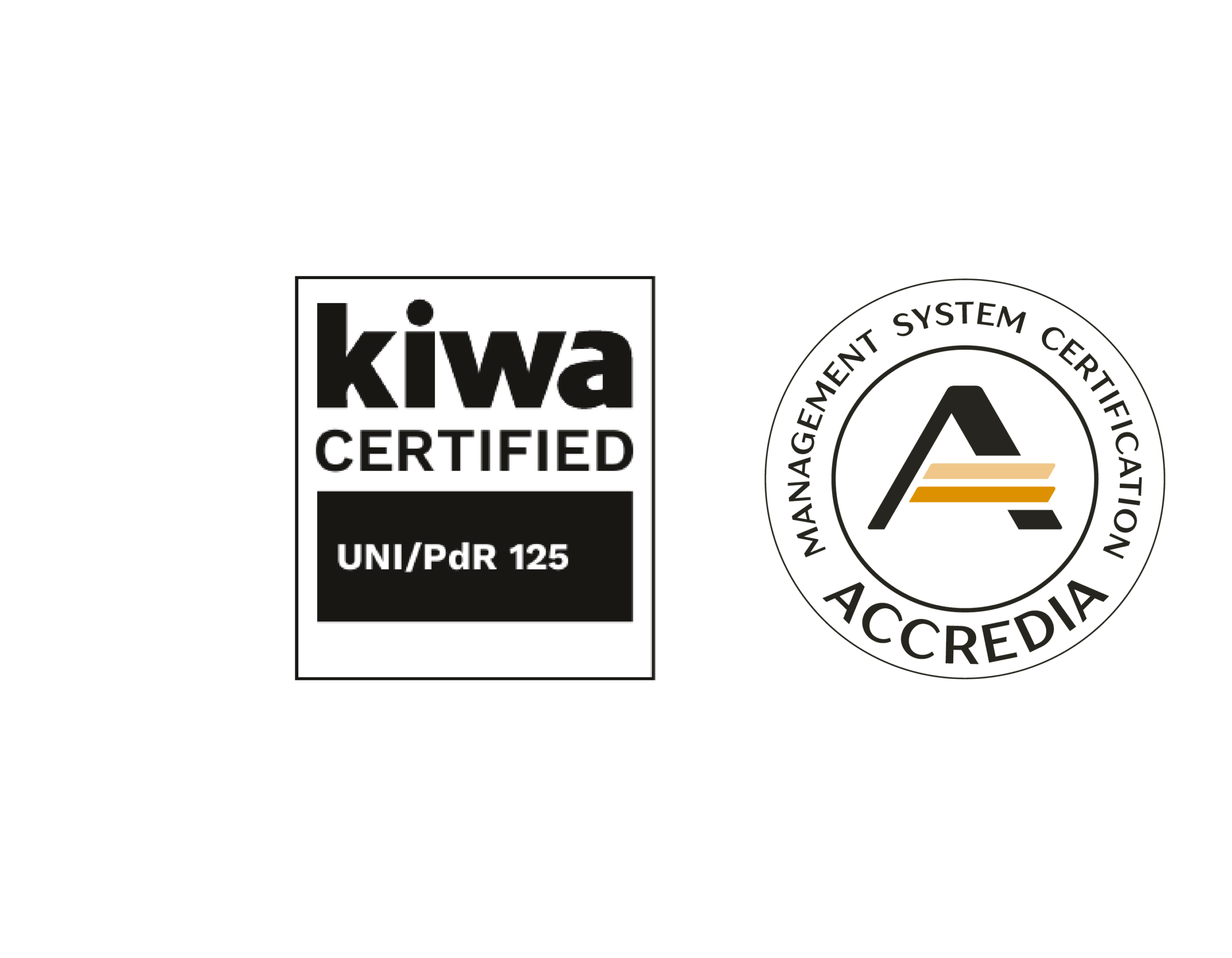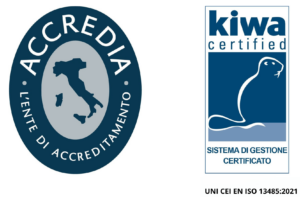Effectiveness of a nutraceutical based on alpha-lipoic acid, acetyl L-carnitine, and B vitamin complex in the treatment of craniofacial neuralgias and tinnitus.
Craniofacial Neuralgias
Premise:
The treatment of craniofacial neuralgias represents an area of dissatisfaction for specialists due to the complex understanding of the pathophysiology of neuropathic pain. Recent evidence has shown that oxidative stress plays a crucial role in the pathogenesis of neuralgias. Therefore, nutraceuticals formulated with antioxidant compounds have been proposed as potential treatments. To analyze current treatments for craniofacial neuropathic pain and assess their effectiveness, a national survey was conducted, involving 33 ENT centers across Italy and 264 patients.
Result
The survey revealed that craniofacial neuralgias negatively impact patients' quality of life (QoL), causing sleep disturbances, reduced work performance, and difficulty maintaining regular meals. Patients treated with dietary supplements containing alpha-lipoic acid, acetyl-L-carnitine, and a vitamin B complex (Tioneural retard), which act synergistically on inflammation of the peripheral nervous system, showed a reduction in the VAS score attributed to neuralgic discomfort. After 3 months of treatment with Tioneural retard, patients reported a statistically significant reduction in neuralgic pain measured with the VAS scale (-62.3%).
Conclusion
Antioxidant compounds, due to their neuroprotective effects, are effective in reducing neuropathic pain. The reduction of oxidative stress can therefore be considered a promising approach in the treatment of neuropathic pain and offers hope to patients who are currently forced to live with chronic pain, which is often disabling.
Tinnitus
Premise:
Tinnitus affects more than 10% of the population, representing a significant social and economic burden. Although several hypotheses have been proposed to explain the development of tinnitus, its etiology remains unclear, hindering the development of effective therapies. Recent evidence has shown that oxidative stress plays a crucial role in the pathogenesis of tinnitus, leading to growing interest in the role of nutraceuticals as a potential therapeutic approach. To analyze tinnitus management strategies and assess their effectiveness, a national survey was conducted involving 33 otolaryngologists across the country and 306 patients.
Result
The results showed that tinnitus is not yet fully recognized as a condition in its own right, which leads to it not being adequately treated. Among the treatments, dietary supplements containing alpha-lipoic acid, acetyl L-carnitine, and B-vitamin complex (Tioneural retard) have proven effective in reducing the discomfort caused by tinnitus. Patients treated with Tioneural retard showed a 37% reduction in tinnitus-induced discomfort, as measured by the VAS score, after three months.
Conclusion
The growing focus on oxidative stress as a cause of tinnitus and as a potential therapeutic target represents a promising indication for the use of nutraceuticals with antioxidant activity in the treatment of this condition.
Bibliography
- M. Gelardi et al. The effectiveness of dietary supplements based on alpha-lipoic acid, acetyl l-carnitine and vitamin B complex in the treatment of craniofacial neuralgia. JOURNAL OF BIOLOGICAL REGULATORS & HOMEOSTATIC AGENTS. Vol. 36, no. 1 (S2), 15-23 (2022)
- M. Gelardi et al. The effect of dietary supplements-based alpha-lipoic acid, acetyl l-carnitine and vitamin B complex in patients with tinnitus. JOURNAL OF BIOLOGICAL REGULATORS & HOMEOSTATIC AGENTS. Vol. 36, no. 1 (S2), 25-33 (2022)







